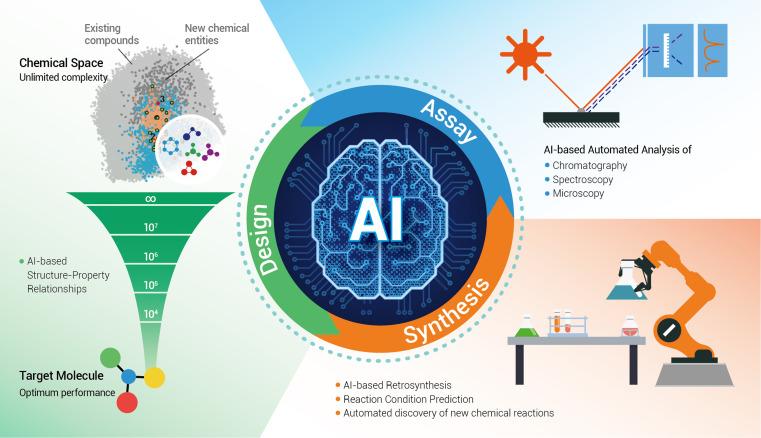The potential for artificial intelligence to replicate or surpass human cognitive abilities: How close are we to creating machines that can think and learn like humans? What are the ethical implications of such technology?
Artificial Intelligence (AI) is an area of computer science that focuses on the development of intelligent machines that can perform tasks that would typically require human intelligence.
The potential for AI to replicate or surpass human cognitive abilities has been a topic of discussion for many years. In this essay, we will explore the current state of AI and the potential for machines to think and learn like humans, as well as the ethical implications of such technology.

Current State of Artificial Intelligence:
The current state of AI is characterized by the ability of machines to perform tasks that were previously thought to require human intelligence. As natural language processing, image recognition, and complex decision-making.
This is largely due to advancements in machine learning. A subset of AI that involves the development of algorithms that can learn from and make predictions based on data.
While AI has made significant progress in recent years. Current AI systems are still limited in their ability to replicate human cognitive abilities. AI systems are excellent at performing specific tasks but lack the general intelligence and adaptability that humans possess.
Humans can learn and adapt to new situations and tasks quickly. While AI systems require a significant amount of data and training to achieve similar levels of performance.
Replicating Human Cognitive Abilities:
The potential for machines to replicate or surpass human cognitive abilities has been a topic of discussion for many years. One approach to achieving this goal is to develop machines that can emulate the structure and function of the human brain.
Artificial neural networks (ANNs) draw inspiration from the structure and function of biological neural networks.
Another approach is to develop machines that can learn and adapt in the same way that humans do. This approach involves the development of machine learning algorithms that can learn from and make predictions based on data. Much like humans learn from experience and make predictions based on past experiences.
Despite these advancements, it is unlikely will be able to replicate all human cognitive abilities in the near future. Some human cognitive abilities, such as creativity and intuition, are difficult to replicate in machines.
Ethical Implications of Artificial Intelligence:
The potential for AI to replicate or surpass human cognitive abilities raises significant ethical concerns. One concern is the potential for AI to replace human workers in various industries. Leading to job loss and economic disruption.
Malicious use of AI, including the deployment of autonomous weapons or surveillance systems, is another concern.
Additionally, the development of AI raises questions about the nature of consciousness and the ethical implications of creating machines that can think and learn like humans. Some argue that creating conscious machines raises significant ethical concerns and may lead to the mistreatment of AI systems.
Conclusion
The potential for AI to replicate or surpass human cognitive abilities has been a topic of discussion for many years. While AI has made significant progress in recent years. Current AI systems are still limited in their ability to replicate human cognitive abilities.
The development of machines that can think and learn like humans raise significant ethical concerns. Including the potential for job loss, economic disruption, and the mistreatment of AI systems.
It will be important for us to consider these ethical implications and work actively to ensure that we develop and use AI in a responsible and ethical manner as AI continues to evolve. 온라인카지노사이트
do9p0k